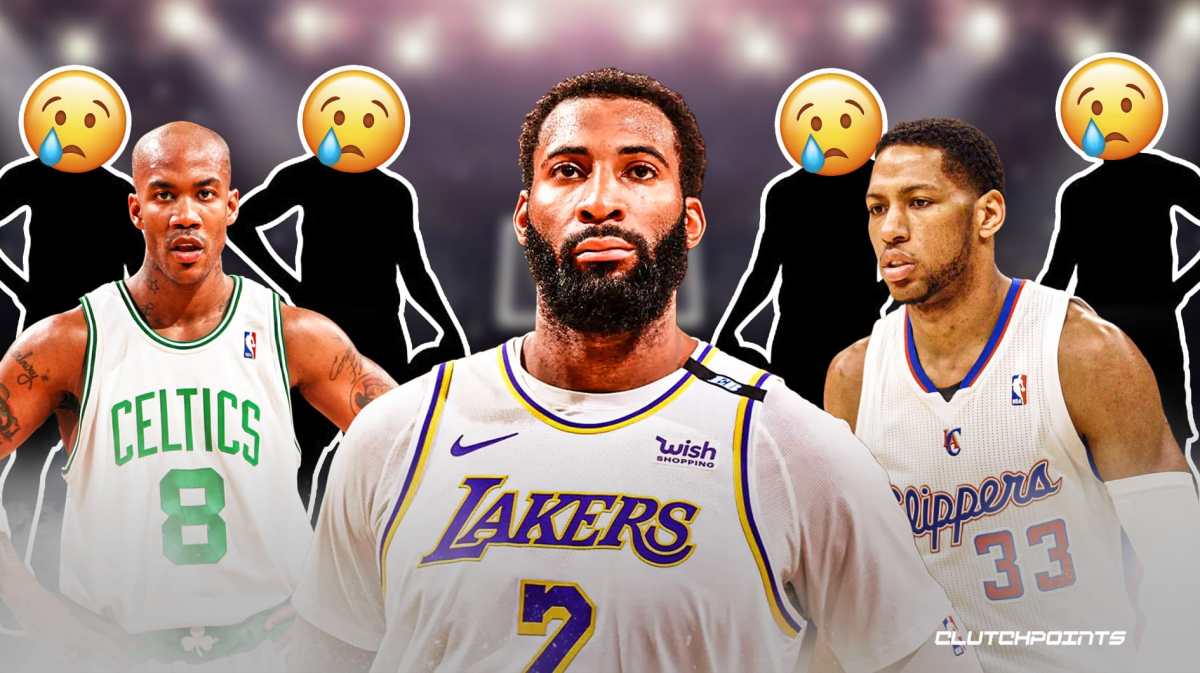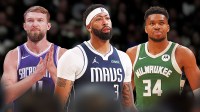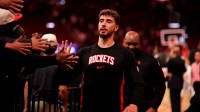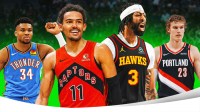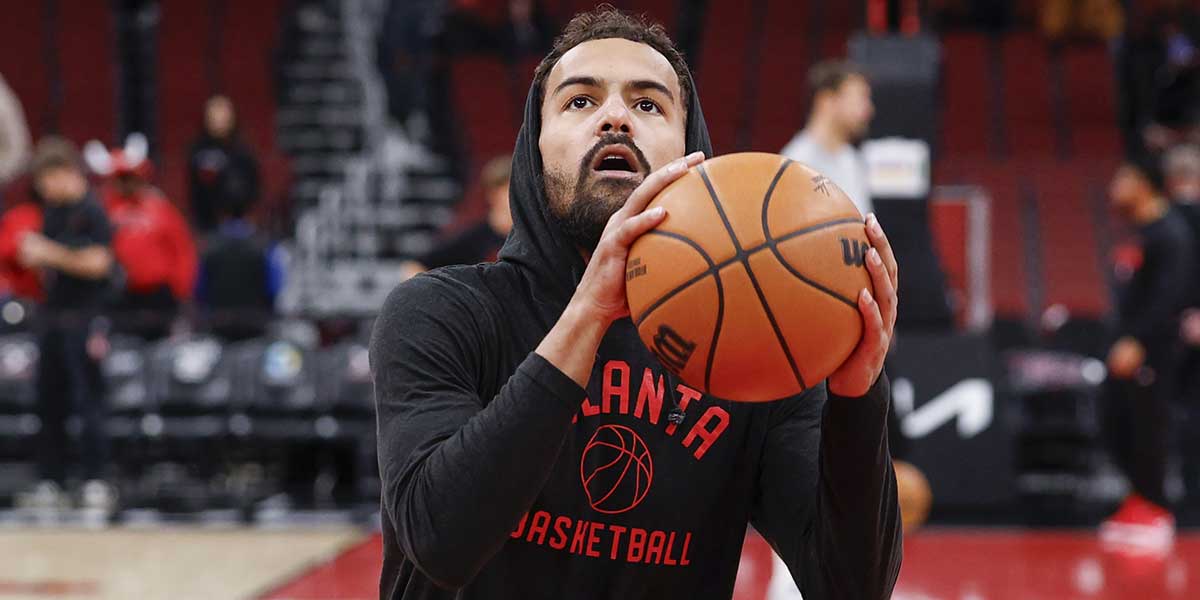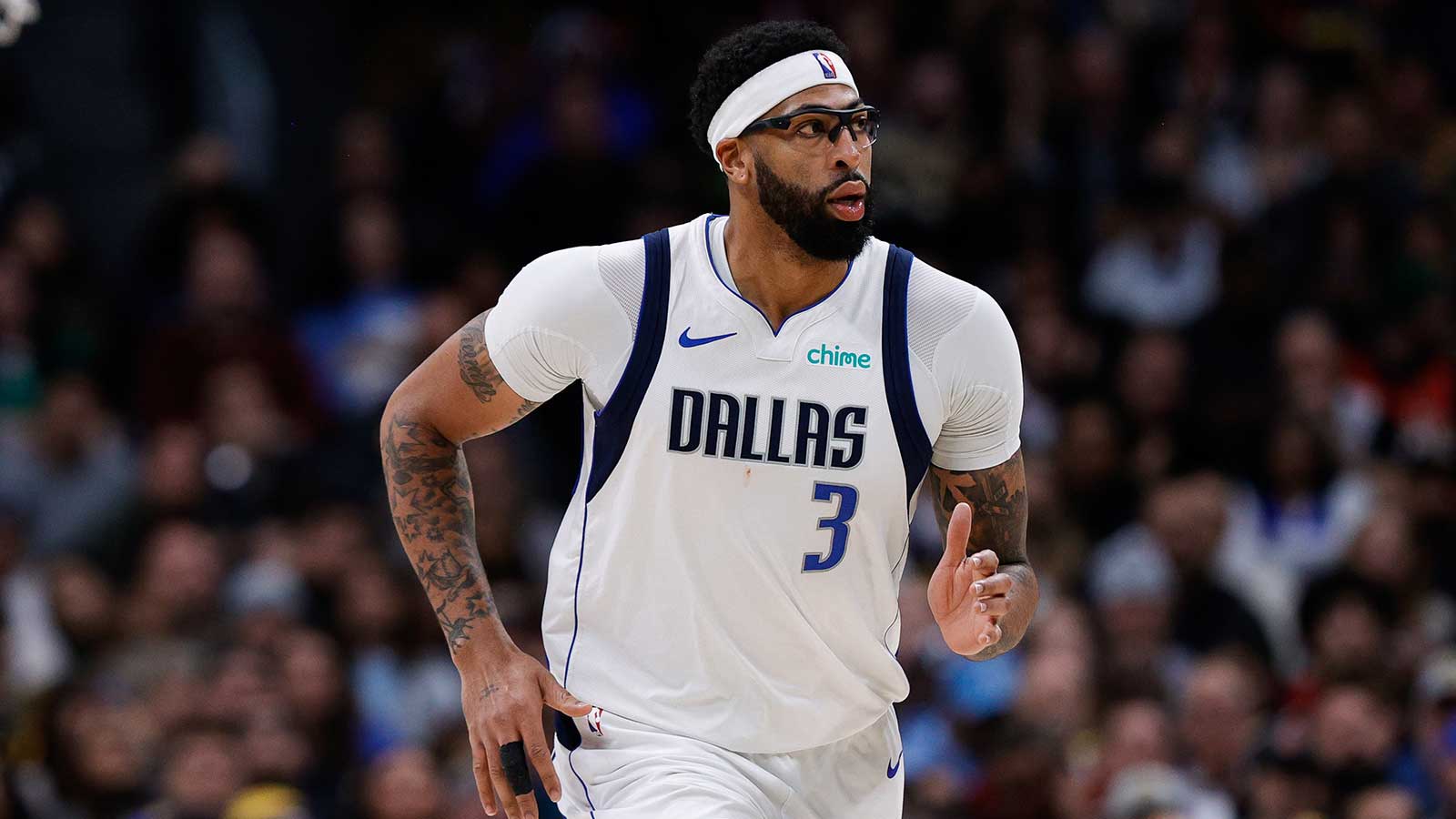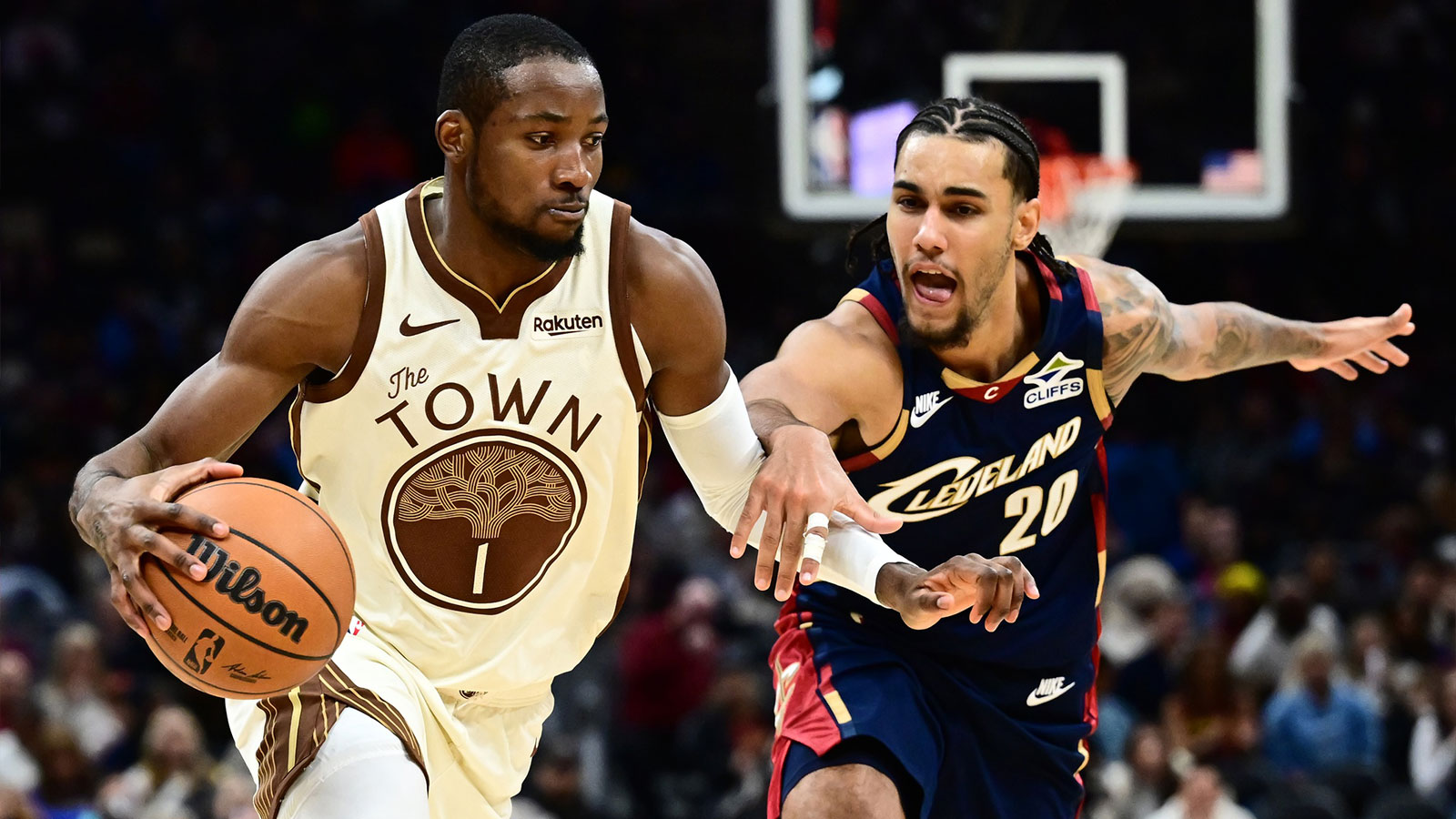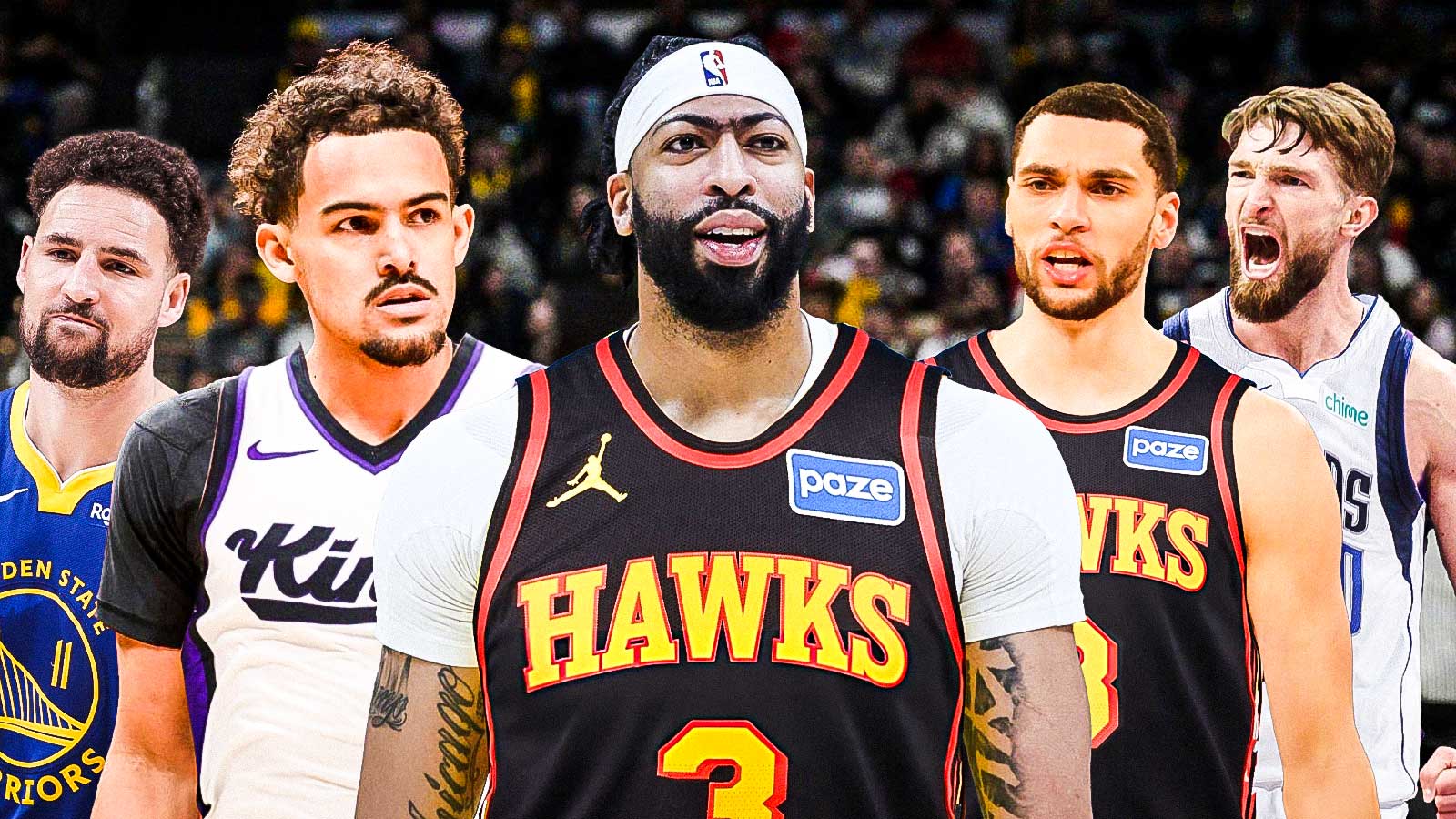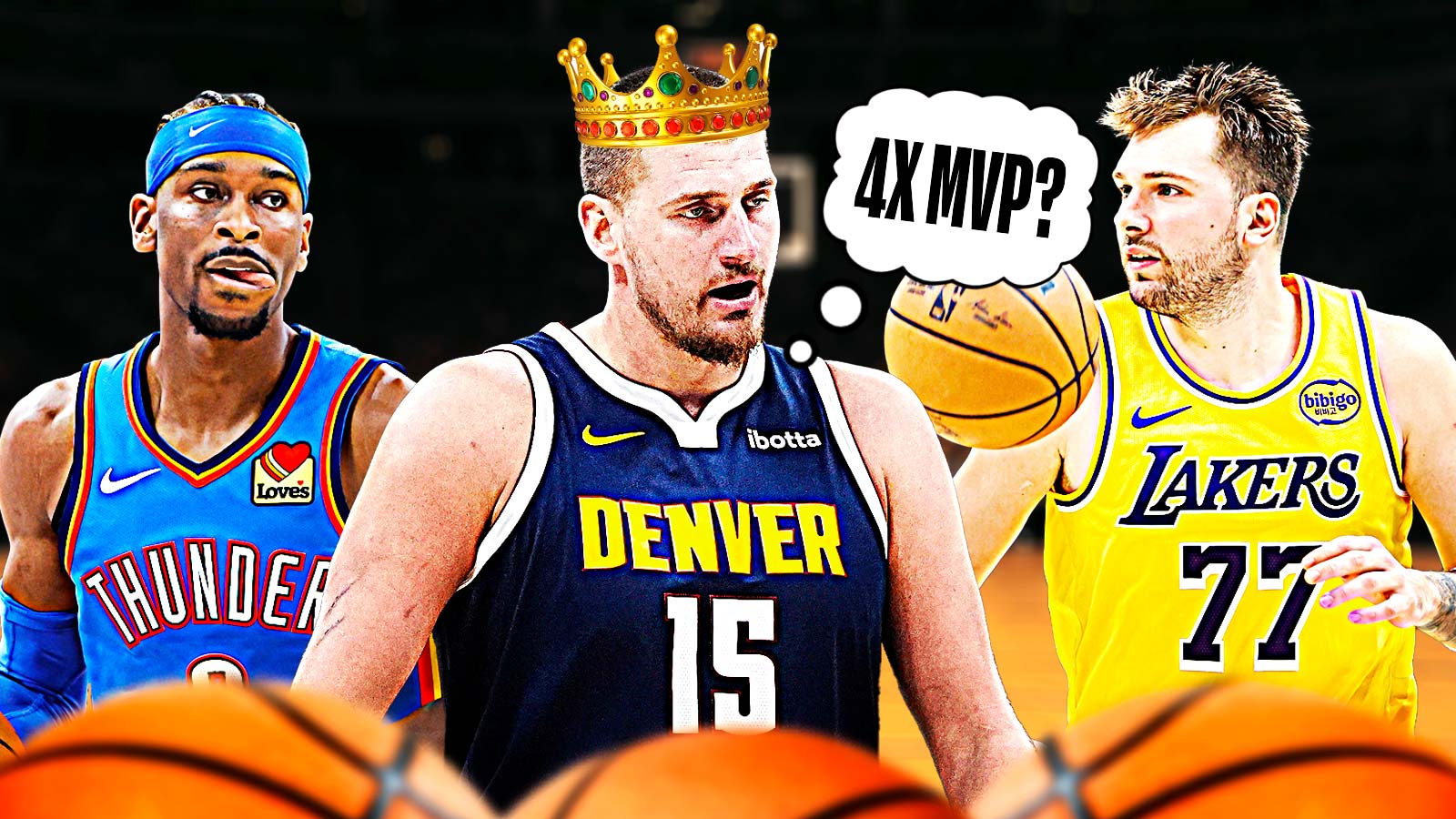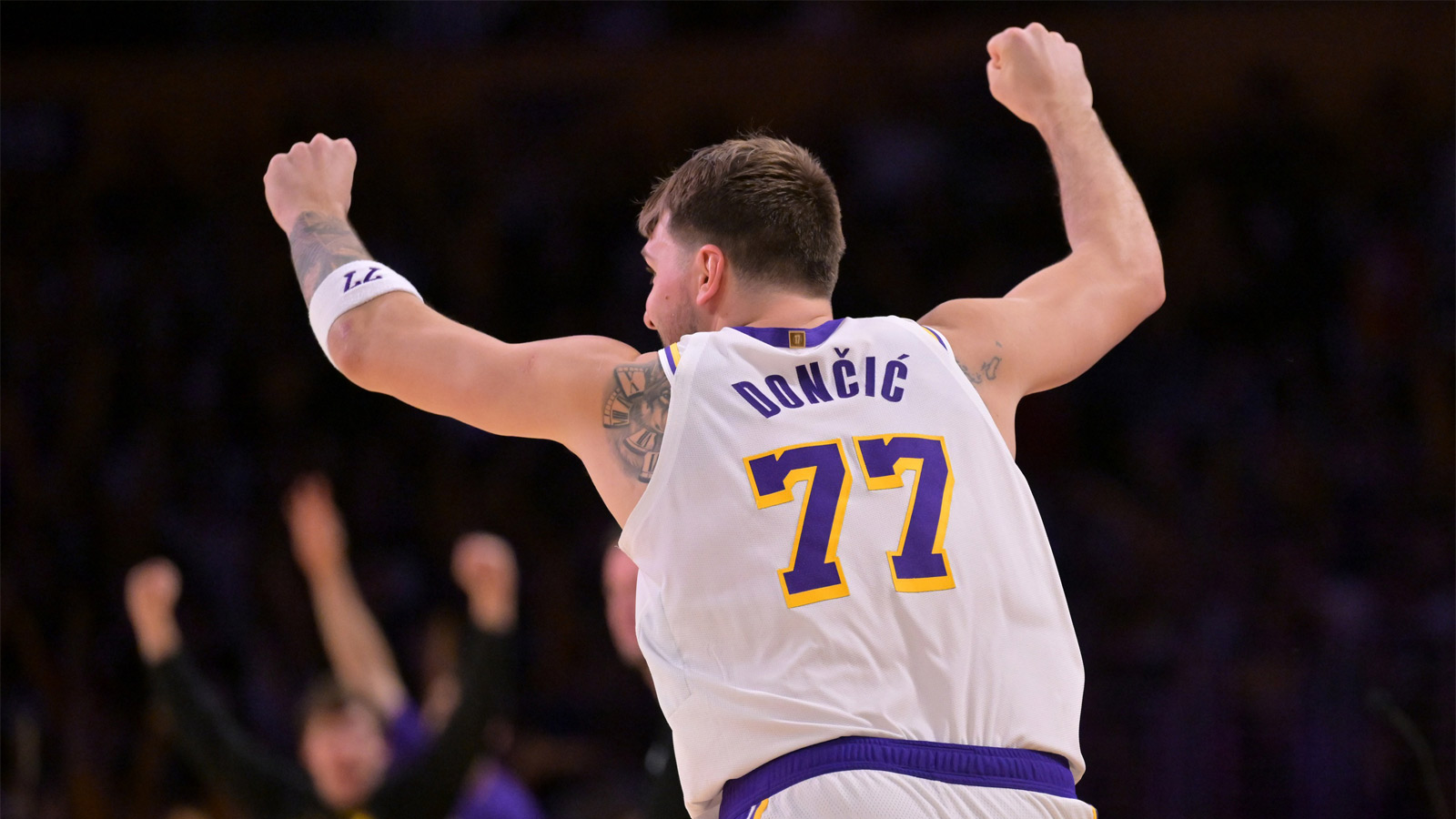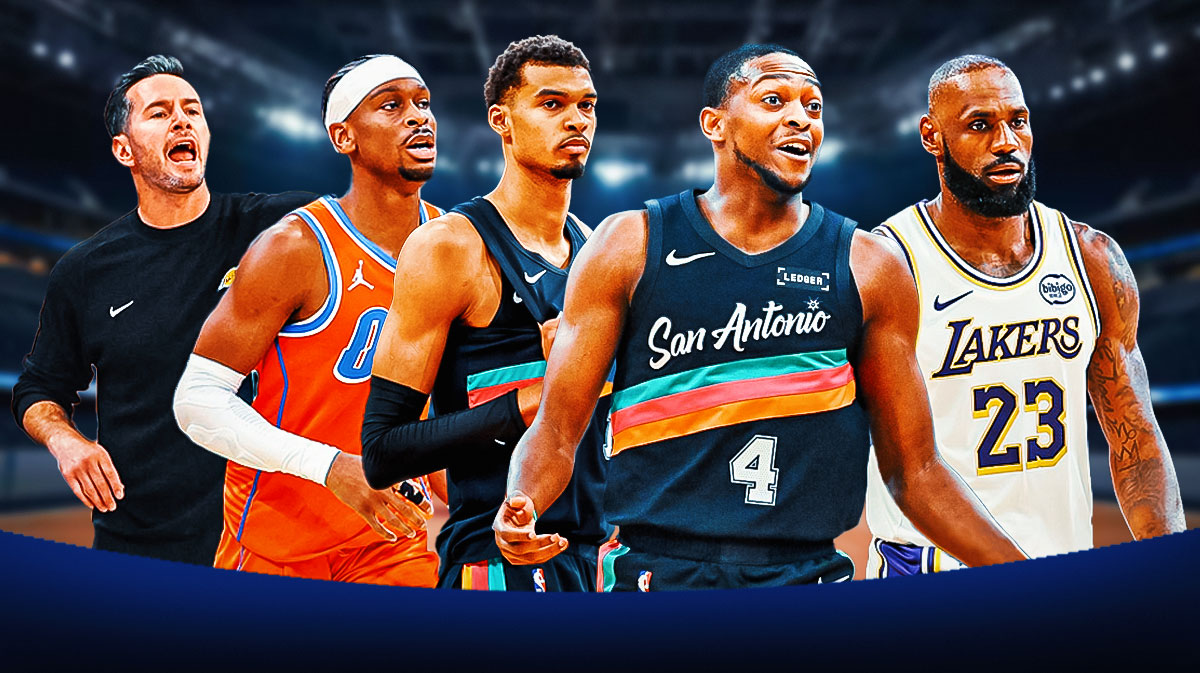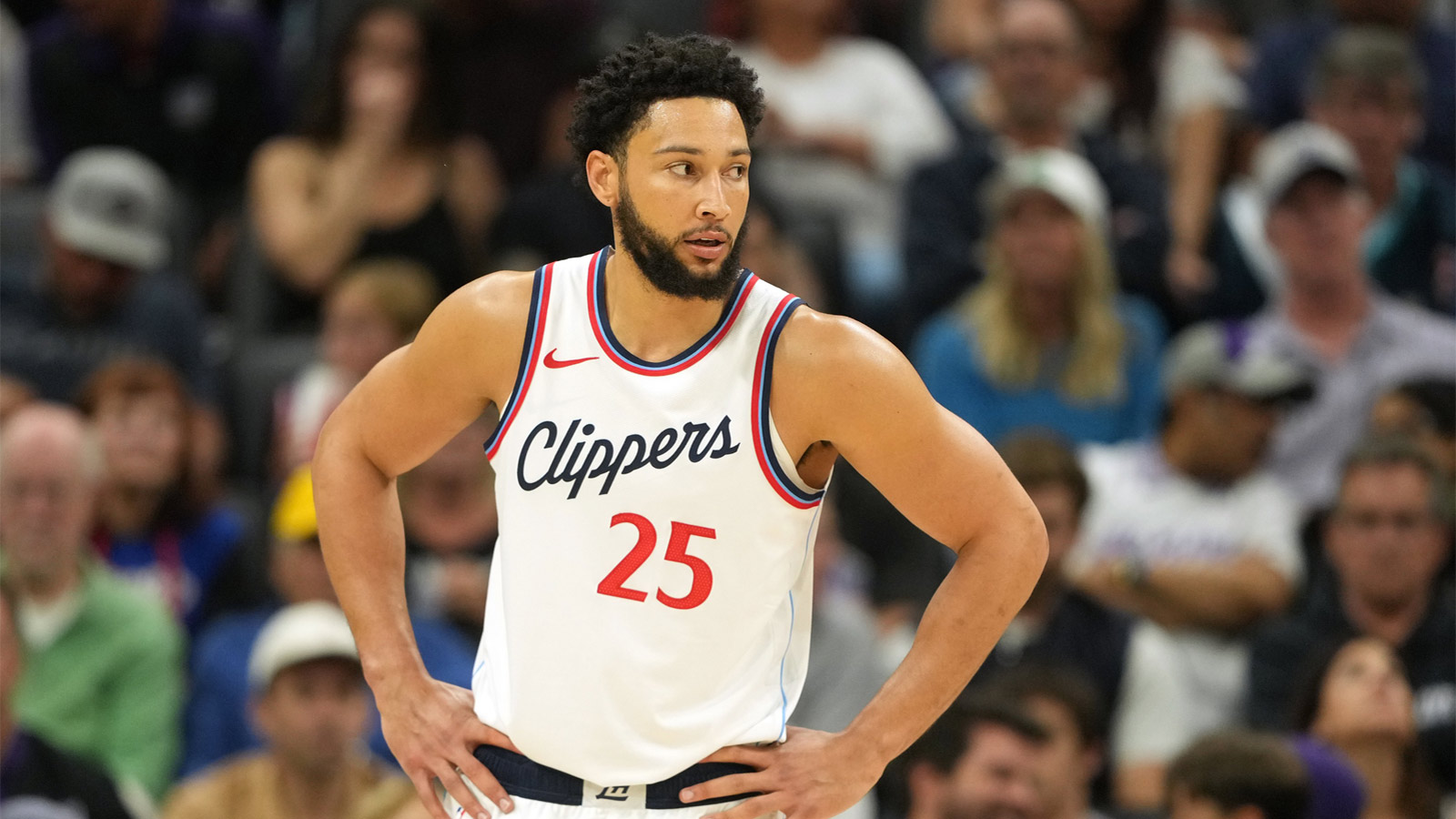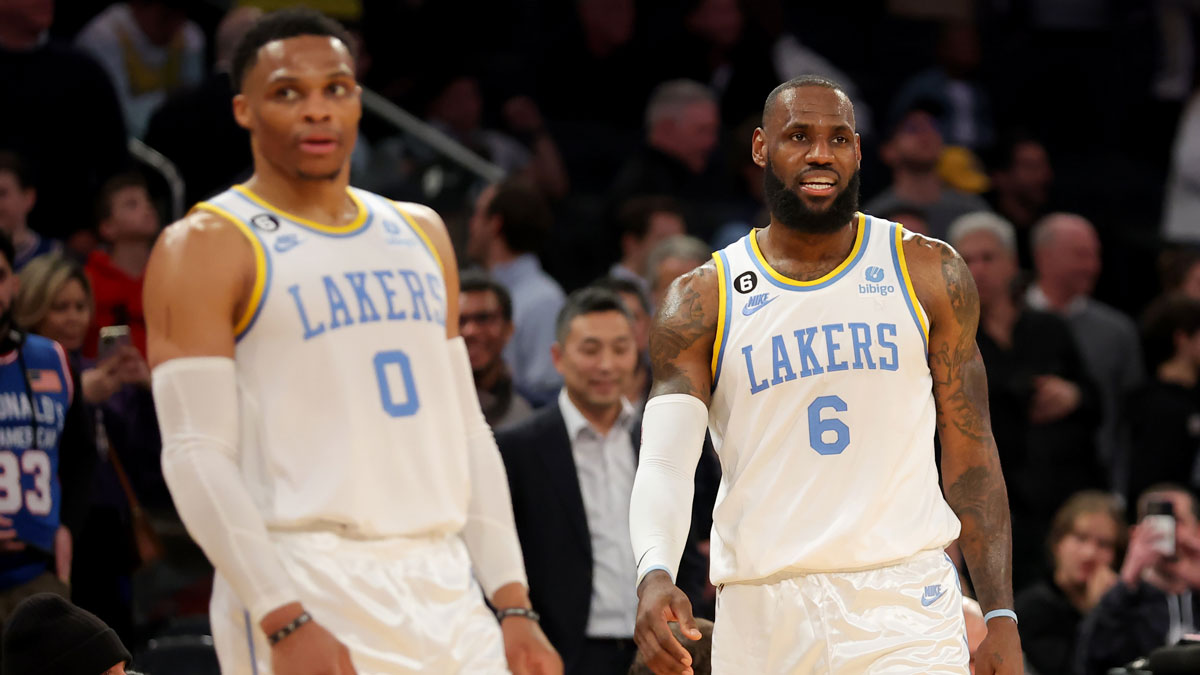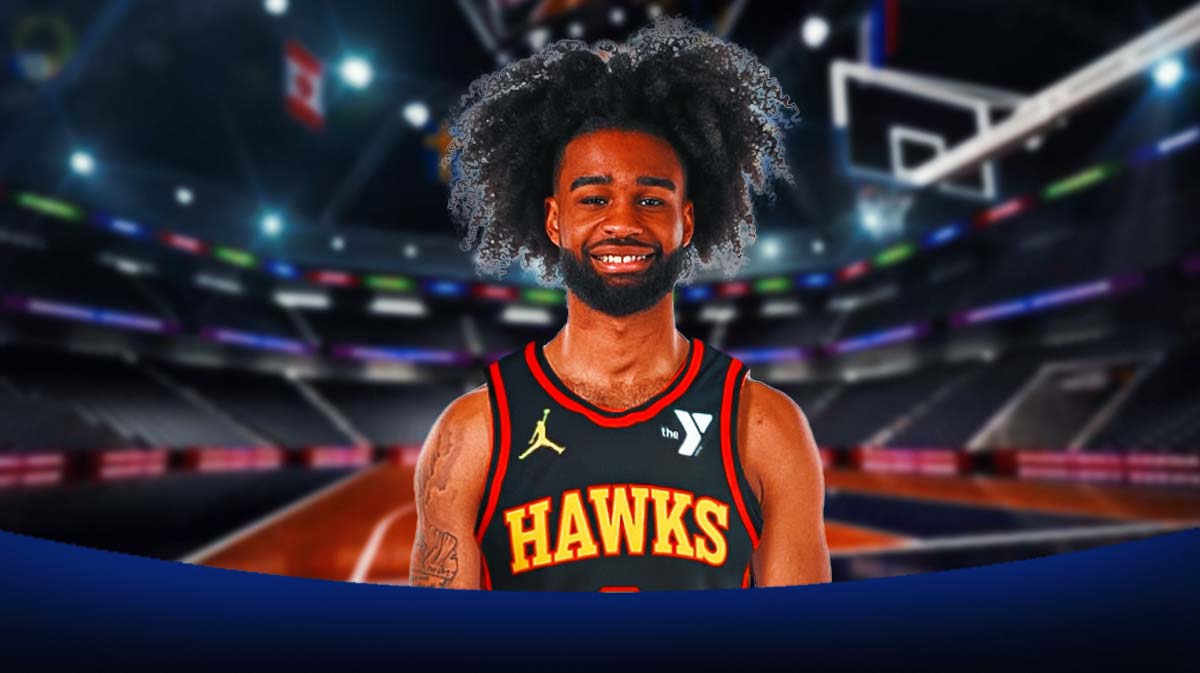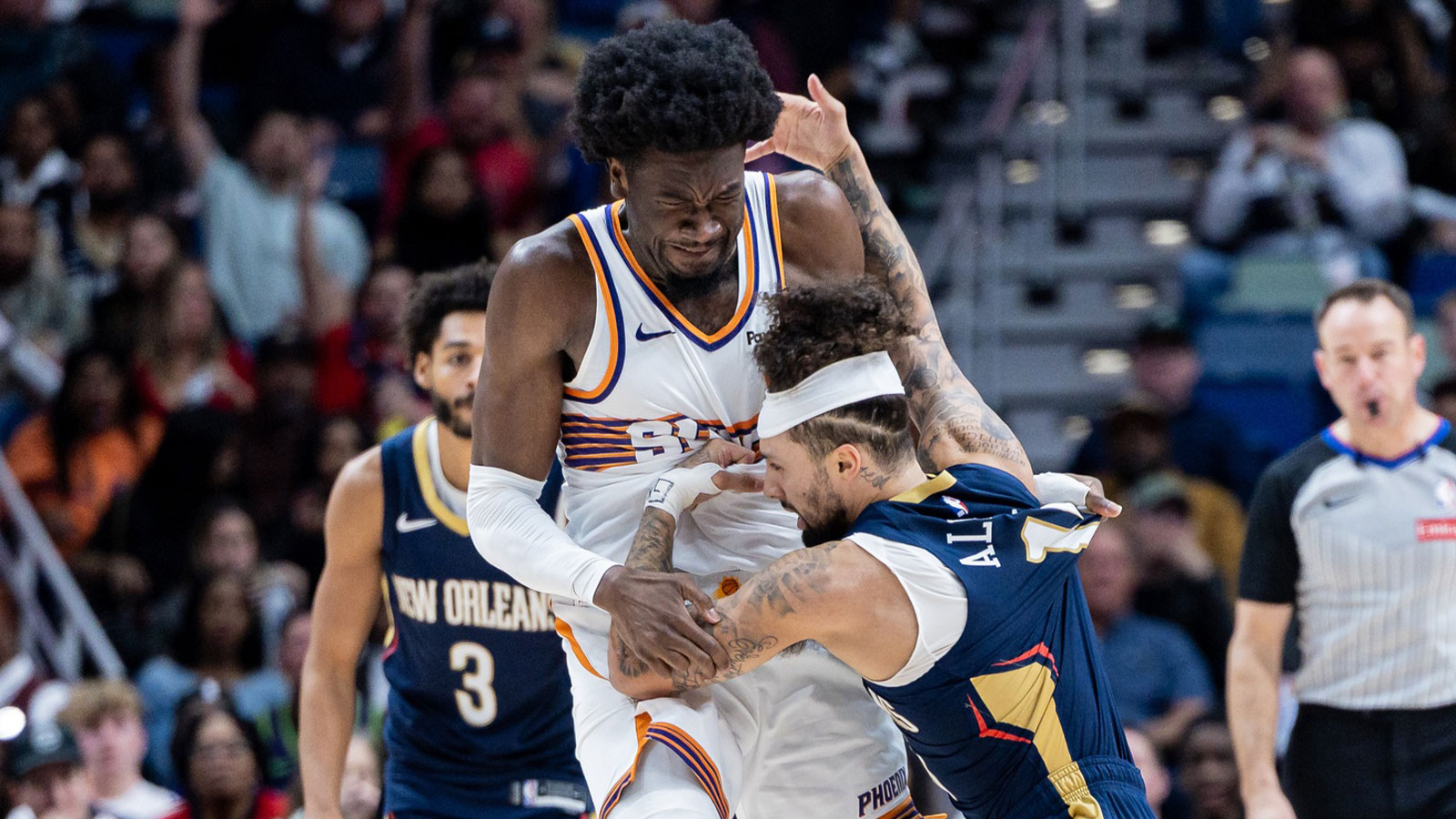The NBA buyout market is the last chance for teams to make upgrades to their roster before the postseason and usually after the trade deadline. Throughout history, we’ve seen some of the most star-studded buyout signings. While some buyout signings have helped win championships, surprisingly, that often isn’t the case. Although some talent signings look great on paper, their presence on the team was hardly felt. For this piece, let’s rank the 10 worst buyout signings in NBA history.
10. Andre Drummond, Lakers: 2020-2021
After averaging monster numbers of 17.5 points and 11.1 rebounds, the Cavaliers deactivated Andre Drummond. This prompted the All-Star center to enter the NBA buyout market. With the defending champions Lakers having a frontcourt crisis, Drummond seemed like a solid acquisition. While he still averaged a double-double of 11.9 points and 10.2 rebounds, Drummond turned out to be a terrible fit by clogging the lanes for LeBron James and Anthony Davis. The Lakers failed to defend their title and faced a first-round exit.
9. Goran Dragic, Nets: 2021-2022
Amid the Brooklyn Nets collecting All-Stars, they added another one in the form of Goran Dragic. With Dragic reuniting with Steve Nash, expectations were high that the Nets would finally play up to expectations. Unfortunately, Dragic struggled with the Nets, averaging only 7.3 points on 38% shooting from the field overall. He did acclimate himself in the postseason, averaging 10.5 points per game. However, that wasn’t enough to save the Nets from being swept by the Boston Celtics.
8. Danny Granger, Clippers: 2013-2014
A solid perimeter shooter during his run with the Pacers, Granger wanted to win a ring in the last stretch of his career. While he desired to join eventual finalists the Heat and the Spurs, Granger landed on the Lob City Clippers. However, the former All-Star was hardly a factor, averaging only over two points per game and 27% shooting from the field in the playoffs in another Clippers early exit.
7. Kendrick Perkins, Cavaliers: 2014-2015
In LeBron James’ return season to Cleveland, the Cavs further fortified their frontcourt with the signing of veteran Kendrick Perkins on the NBA buyout market. While the signing of Perkins would’ve improved the Cavs’ defense, Perkins was hardly a factor. He posted only 2.6 points and 2.4 rebounds per outing. In the 2015 NBA Finals, the Cavs gave more minutes to Timofey Mozgov and Tristan Thompson.
6. DeMarre Carroll, Rockets: 2019-2020
DeMarre Carroll established himself as one of the best two-way players in the league after a good showing with the Atlanta Hawks. To improve their championship hopes, the Rockets signed Carroll after he agreed to a buyout with the Spurs. However, Carroll hardly displayed his hustle and motor for the Rockets with him barely making the team’s rotation. He only averaged 6.0 points, 2.7 rebounds, and 1.6 assists per outing during the NBA bubble.
5. Drew Gooden, Spurs: 2008-2009
After serving as a solid starter for several teams, Drew Gooden and the Kings agreed to a NBA buyout that allowed the power forward to play for the championship-contending Spurs. Despite being a solid addition on paper, Gooden couldn’t even average double figures for the Spurs. Moreover, he struggled heavily in the playoffs by shooting only 33% from the field enroute to the Spurs’ first round exit at the hands of the Mavs.
4. Michael Finley, Celtics: 2009-2010
The Celtics were successful with the late signings of PJ Brown and Sam Cassell. Hoping to regain championship glory, the Celtics inked seasoned veteran Michael Finley. Unfortunately, Finley was already at the declining stage of his career. For the Celtics, Finally only averaged 5.2 points, 1.6 rebounds, and 1.1 assists per outing. Furthermore, he was hardly fielded in the 2010 NBA Finals rematch between the Celtics and the Lakers, which the latter won.
3. Mike Bibby, Heat: 2010-2011
Mike Bibby was a solid starter for the Sacramento Kings during his peak. And with the Big Three of the Miami Heat needing some help in shooting and in the backcourt, Bibby’s buyout with the Wizards was welcomed. While Bibby shot pretty well during the regular season, he picked the wrong time to brick his shots. In the 2011 NBA Finals, Bibby only averaged 3.8 points, 1.4 rebounds, and 1.0 assists per game while shooting a measly 35% from the field and 29% from rainbow country. The Heat would go on to get upset by the Dallas Mavericks.
2. Damon Stoudamire, Spurs: 2007-2008
With Tony Parker getting injured in the middle of the Spurs’ title defense, the Spurs needed to fill the gaping hole left by their All-Star guard. The Spurs took an opportunity on Damon Stoudamire, who agreed to a buyout with the Grizzlies. Although the Spurs got a solid former Rookie of the Year winner on paper, he hardly made his presence felt. Stoudamire only averaged 3.4 points, 1.5 rebounds, and 1.7 assists per game.
1. Stephon Marbury, Celtics: 2008-2009
After winning the title in 2008 with the help of PJ Brown, it’s only natural that the Celtics looked at their options at the buyout market to acquire any veterans available. In 2009, the Celtics were able to grab a hold of two time All-Star Stephon Marbury. Although Marbury seemed like a good addition to the Celtics’ loaded team, Marbury hardly looked like himself. He only averaged over three points per outing, while shooting a measly 34% from the field overall. It was also the same story for him in the Celtics’ playoff campaign that saw them fail to defend their championship after a second-round exit.

